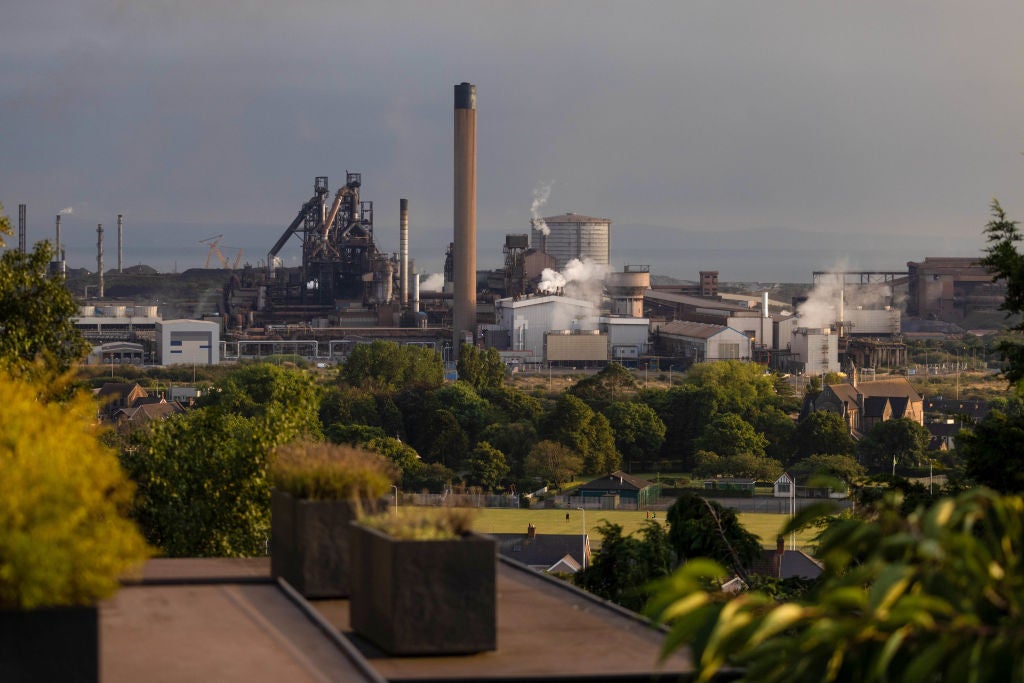
The UK Government announced plans on Friday to invest up to £500m ($619.55m) in Tata Steel’s Port Talbot steelworks in Wales, UK, in a bid to keep the plant open.
India’s Tata has agreed to invest just over £700m (Rs72.1bn) of its own into the Welsh steelworks as it looks to transition to green steel-making. Total combined investment is expected to be approximately £1.25bn, the UK Government said in a press statement.
Funds will go principally towards the construction of a new electric arc furnace for greener steel production at Port Talbot, which is currently the UK’s largest steelworks and the nation’s single-largest carbon emitter. The electric furnace will replace the existing coal-powered blast furnaces, which are nearing the end of their operational life, and could reduce the UK’s total carbon emissions by up to 1.5%.
The transition to greener steelmaking at Port Talbot is expected to reduce the UK’s entire business and industry carbon emissions by 7%, the government said. Wales’s overall emissions are expected to drop by 22% and the Port Talbot site’s emissions by 85%.
Electric arc furnaces work by melting down scrap steel or iron to produce fresh steel. Although they also require huge amounts of energy to operate, it is possible to power them from renewable energy sources.
Tata chairman Natarajan Chandrasekaran said: “The agreement with the UK Government is a defining moment for the future of the steel industry and indeed the industrial value chain in the UK.
“The proposed investment will preserve significant employment and presents a great opportunity for the development of a green technology-based industrial ecosystem in South Wales. We look forward to working with our stakeholders on these proposals in a responsible manner.”
Despite the lifeline offered to the plant, unions have condemned the deal, suggesting that it could have “devastating consequences” on people’s livelihoods with as many as 3,000 workers expected to lose their jobs as electric furnaces are less labour-intensive. Currently, the plant employs more than 8,000 people.
Business and Trade Secretary Kemi Badenoch called the deal an “historic package of support from the UK government”. When asked about whether the job losses are a price worth paying, she told reporters: “That is completely the wrong way to look at it. We are saving jobs which would have been lost. Without this investment we would probably have seen the end of steel-making, certainly in this part of the country, possibly in the whole of the UK.”
The grant marks the second time this year that the UK Government has pledged large amounts of taxpayer support to Tata Group. In July, it finalised plans to build its flagship European electric vehicle (EV) battery plant in Somerset, a move that followed months of talks. Tata said it will invest $4bn into the project, with the UK Government also expected to pour hundreds of millions of pounds in subsidy support into the site.



